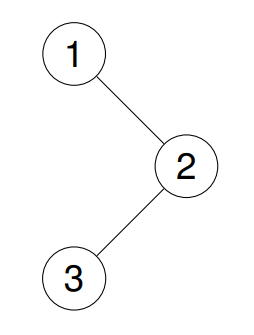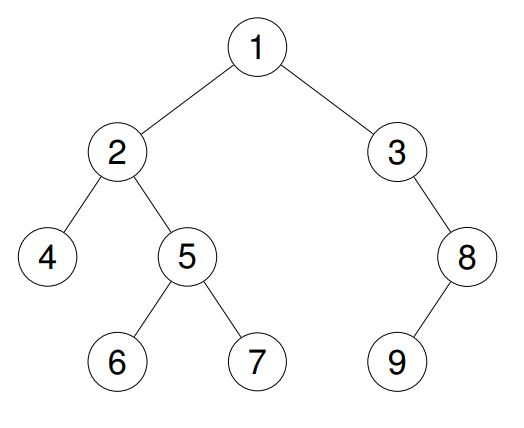Leetcode 145. Binary Tree Postorder Traversal
Explanation for Leetcode 145 - Binary Tree Postorder Traversal, and its solution in Python.
Problem
Leetcode 145 - Binary Tree Postorder Traversal
Example:
1
2
3
Input: root = [1,null,2,3]
Output: [3,2,1]
1
2
3
Input: root = [1,2,3,4,5,null,8,null,null,6,7,9]
Output: [4,6,7,5,2,9,8,3,1]
1
2
3
4
5
Input: root = []
Output: []
Input: root = [1]
Output: [1]
Approach
When we run the DFS, we can first append the root’s value into the list that we’re planning to go left, and right then append the value to res
Here is the Python code for the solution:
1
2
3
4
5
6
7
8
9
10
11
12
13
14
15
16
17
18
19
20
21
22
23
24
25
26
27
28
29
30
31
32
class Solution:
# recurisve solution
def preorderTraversal(self, root: Optional[TreeNode]) -> List[int]:
res = []
def postOrder(root):
if not root:
return
postOrder(root.left)
postOrder(root.right)
res.append(root.val)
return res
# iterative solution
def preorderTraversal(self, root: Optional[TreeNode]) -> List[int]:
stack = []
res = []
curr = root
while curr or stack:
if curr:
res.append(curr.val)
stack.append(curr)
curr = curr.right
else:
curr = stack.pop()
curr = curr.left
res.reverse()
return res
Time Complexity and Space Complexity
Recursion Method:
Time Complexity: $O(n)$
Space Complexity: $O(n)$
Iterative Method:
Time Complexity: $O(n)$
Space Complexity: $O(n)$
This post is licensed under CC BY 4.0 by the author.

